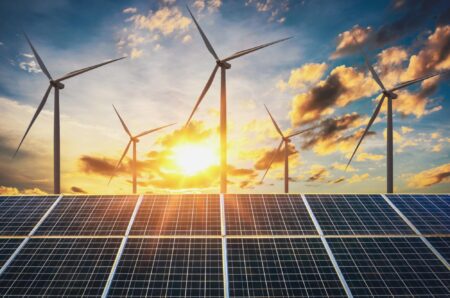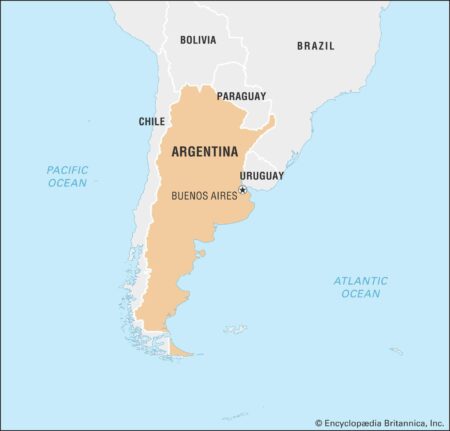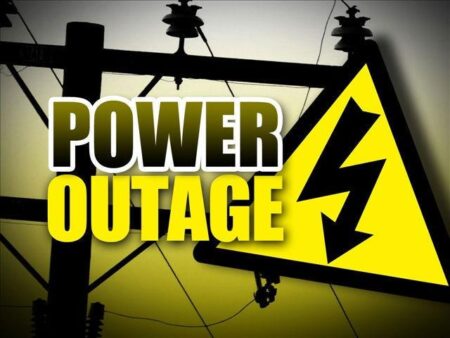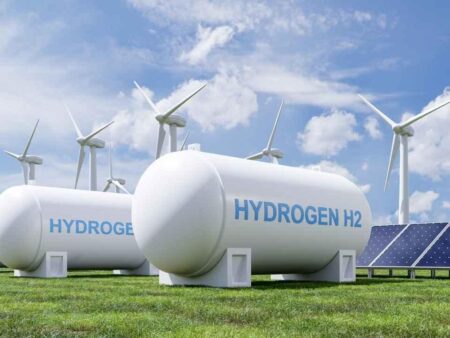The North West Shelf gas extension is poised to deliver “almost nothing” to Australia’s public purse, sparking concerns about the surprisingly minimal financial returns despite its massive energy output, reports The Guardian
Browsing: energy policy
Ethanol industry leaders are celebrating the recent U.K. trade deal, highlighting exciting new opportunities for growth and expanded market access. Stakeholders are optimistic about a bright future filled with stronger trade connections and promising prospects
US-sanctioned tankers have been spotted actively engaging in the booming crude oil trade between Russia and India. This intriguing development highlights the intricate web of global energy supply chains as geopolitical dynamics continue to evolve
TotalEnergies has proudly unveiled its largest solar field in Europe, nestled in the heart of Spain. This remarkable achievement highlights the company’s unwavering dedication to renewable energy, propelling the nation towards a brighter, sustainable future and strengthening its green economy
Spain’s recent electrical blackout has sparked a renewed debate on energy reliability, casting a spotlight on Virginia’s upcoming elections. As voters become increasingly concerned about avoiding similar disruptions, candidates will likely find themselves under the microscope regarding their energy policies. The pressure is on to present innovative solutions that ensure a stable and dependable power supply.
Spain and Portugal are urging the EU to fast-track the development of power interconnections in the wake of a major blackout. The two countries stress that strengthening energy links is crucial for bolstering stability and resilience in their power grids, ensuring a brighter and more secure future for all
Germany is feeling a spark of cautious optimism as it appears that its distribution market may have finally reached the bottom after a tumultuous period filled with soaring energy costs and supply chain challenges. Industry leaders are looking ahead with hope, anticipating a rebound as demand steadies and vital reforms take shape
Argentina has just rolled out an exciting model contract for its highly anticipated 500MW energy storage tender! This initiative is set to supercharge renewable integration and bolster grid stability, marking a pivotal moment in the nation’s journey towards a sustainable energy future.
Japan’s booming resale of Australian LNG is sparking worries among local gas consumers. The Institute for Energy Economics and Financial Analysis has pointed out a troubling trend: the widening gap between soaring export profits and the rising costs of energy at home.
Spain is currently facing the repercussions of a widespread power outage that has sparked an intense discussion about the future of green energy. Detractors are quick to blame renewable sources, while supporters passionately champion their essential role in paving the way for a sustainable energy landscape.
Japan’s energy landscape is experiencing a remarkable transformation as the government re-evaluates its dependence on fossil fuels and actively pursues greater investments in renewable energy sources. This bold shift not only aims to enhance energy security but also tackles the pressing challenges of climate change head-on.
The head of Brazil’s state-controlled oil company, Petrobras, is stirring up controversy with a bold declaration: “drill, baby, drill!” This provocative statement regarding oil exploration in the Amazon has ignited fierce backlash from environmentalists and lawmakers alike. Critics are voicing their concerns that such rhetoric could jeopardize vital conservation efforts in one of the world’s most precious ecosystems.
A recent power outage has plunged thousands of homes and businesses in Spain and Portugal into darkness, creating a wave of disruption across the region. As authorities delve into the cause of this unexpected blackout, emergency services are tirelessly working to restore electricity. Stay tuned for updates as this situation unfolds.
Australia is on the brink of a renewable energy revolution, thanks to Labor’s recent election triumph. With bold policies designed to slash emissions and promote sustainable development, the country is confidently stepping into a vibrant, eco-friendly future
The European Union is gearing up to unveil a bold initiative: a sweeping ban on Russian gas. This decisive action aims to tighten the noose around Moscow as geopolitical tensions continue to escalate. With this measure, the EU reaffirms its dedication to cutting energy ties and standing firmly with Ukraine in these challenging times.
Japan is making a bold move by placing its bets on hydrogen as a key pillar of its energy future, pouring significant resources into both production and infrastructure. This ambitious endeavor could provide invaluable insights into sustainable energy transitions for countries around the globe, showcasing the power of innovation and collaboration.
As worries about energy stability mount, France is taking a closer look at its ability to withstand potential major power outages. With an aging infrastructure and increasing demand, experts are sounding the alarm that systemic vulnerabilities could jeopardize the nation’s energy security.
Germany’s grid regulator has confidently stated that a power outage similar to those experienced in Iberia is unlikely to occur in the country. As investigations unfold across Europe into the recent blackouts, authorities are diligently working on strengthening grid resilience to ensure that such disruptions remain a thing of the past.
The battle over oil production in Alberta has reached a boiling point in the wake of the recent Canadian elections, igniting fierce regional tensions between passionate environmental advocates and the powerful fossil fuel industry. This escalating conflict underscores the profound divisions in policy and economic priorities that are shaping the future of the province.
In a surprising twist, France’s energy policies have unwittingly paved the way for Spain’s recent blackout. As power grids struggle and concerns over energy security escalate, the fallout highlights the intricate web of challenges facing Europe’s energy landscape.




















